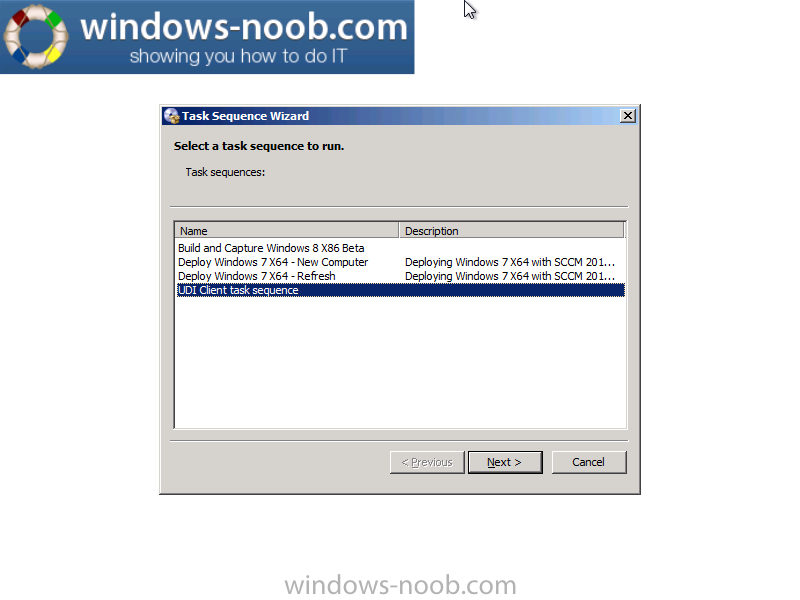

For example, if you used a computer running Windows Server 2008 to edit and distribute GPOs to a domain controller, you should query all endpoints in that domain from an agent running on a Windows Server 2008 computer. The names and paths for GPOs vary by Microsoft operating system. Using computers that run the same operating systems ensures a consistent name and path convention for the reported GPOs. The Windows agent computer should run the same operating system as the endpoint computer that the agent monitors. (Conditional) To use the Effective Policy object to audit Group Policy Object (GPO) settings, ensure that your environment meets the following requirements: For more information, see Section 2.6.2, Proxy Requirements. (Conditional) If an endpoint uses only an IPv6 address, that endpoint must be managed by Windows proxy. For more information about agent operating systems, see Section 2.4.1, Windows Agent Computer Requirements. The agent uses IPv4 addresses when communicating with Core Services. Also, the Windows agent must be set up as a dual-stack host to support both IPv4 and IPv6 addresses. (Conditional) If you want Secure Configuration Manager to receive and display IPv6 addresses from managed endpoints, the agent computer must be running Windows Server 2003 or a later operating system. (Conditional) When installing the agent on a local computer, the Workstation service must be running. Secure Configuration Manager does not require specific settings for these Windows services. Windows Update or Automatic Updates service, depending on the operating system


 0 kommentar(er)
0 kommentar(er)
